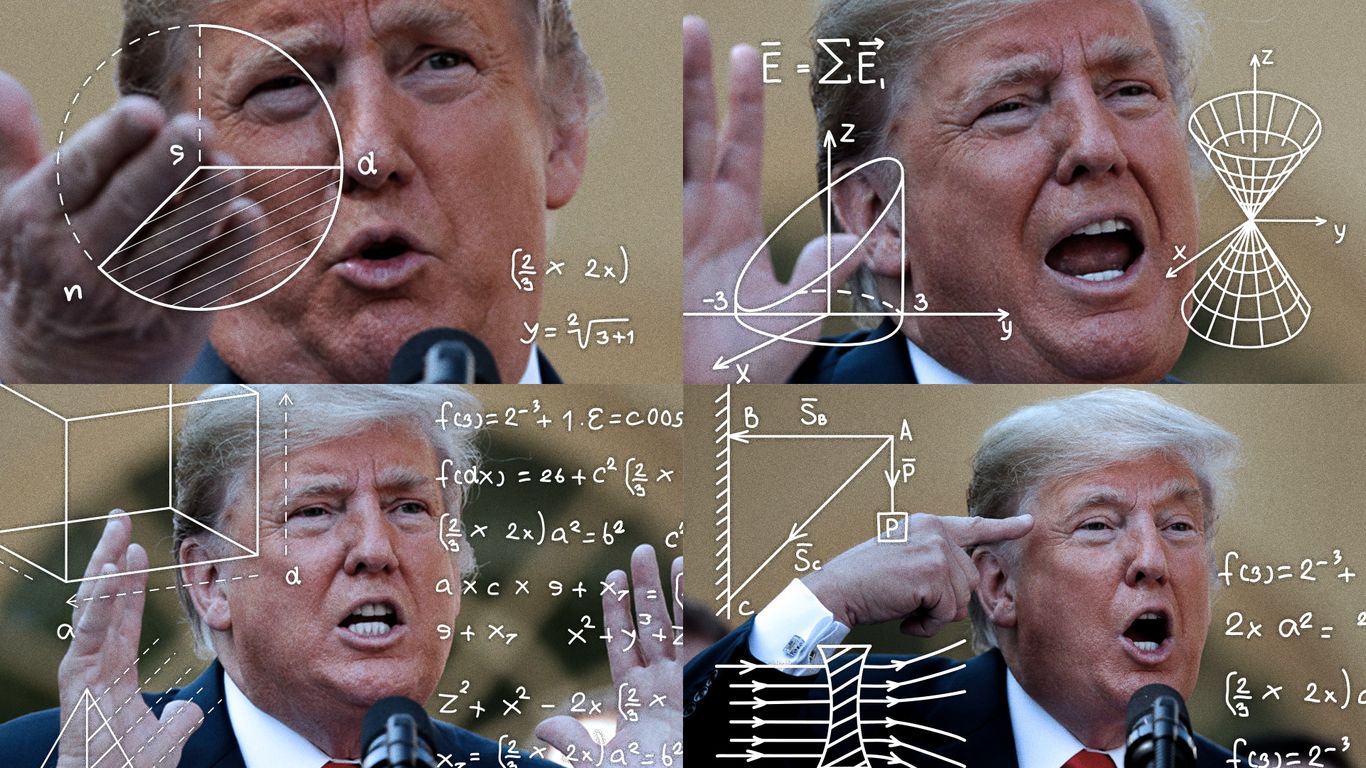
"reducing drug costs over the next year ... by not 50 or 60%, by a 1,000%."
"The Administration is committed to ensuring that drug companies make wealthy countries pay fairer rates for drugs and stop relying on Americans to subsidize the vast majority of global pharma research and development."
"I don't have any mathematical explanation for that, other than we'd have to reconfigure our entire health system and infrastructure in order to operate more like other countries to get there."
"We could just say it'll raise a gazillion dollars...these are such ridiculous numbers that they're just as meaningless as that."
U.S. list prices for some drugs far exceed prices in other wealthy countries, exemplified by Eliquis listed at $521 in the U.S. versus $45 in Australia. The administration expressed a goal of making other wealthy countries pay fairer rates so Americans do not subsidize most global pharmaceutical R&D. Independent analysis finds a 1,000% pricing reduction unrealistic without reconfiguring the health system and infrastructure. Tariff claims and projections about trade war revenue drew scrutiny, and a Congressional Budget Office analysis found tariffs would shrink the economy while reducing federal deficits by $2.8 trillion over ten years.
Read at Axios
Unable to calculate read time
Collection
[
|
...
]